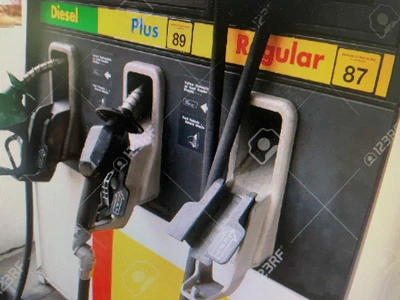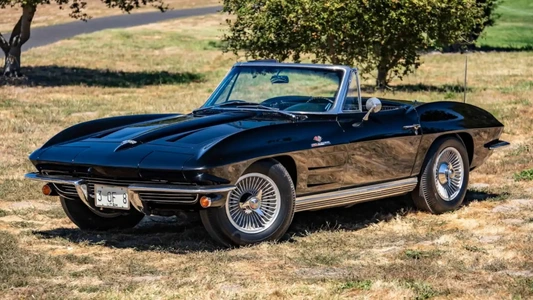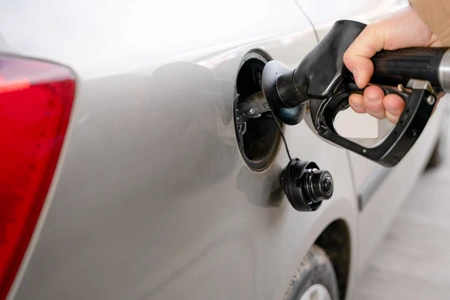As the winter season is upon us, new car buyers often find themselves pondering over the efficiency and performance of their prospective vehicles in the colder months. It's well known that winter can be tough on cars, and fuel efficiency often takes a hit. But fear not, for there are several strategies that can help you maintain optimal fuel efficiency during these chilly months. In this article, we'll explore some key tips to keep your car running efficiently, ensuring that your winter drives are as economical as they are comfortable.
1. Regular Maintenance Checks
First and foremost, the importance of regular maintenance cannot be overstated. Winter can exacerbate existing problems like weak batteries, clogged air filters, or old spark plugs. These issues can significantly reduce fuel efficiency. Ensure that your vehicle gets a thorough check-up before winter sets in. This includes checking the battery, changing the oil, and ensuring that the air filter is clean. A well-maintained car will run more efficiently and save you money in the long run.
2. Keep Your Tires Properly Inflated
Cold weather can cause tire pressure to drop, which in turn increases rolling resistance. This means your engine has to work harder, using more fuel. Check your tire pressure regularly and keep them inflated to the manufacturer's recommended level. This simple step can improve your fuel efficiency by up to 3%.
3. Use the Right Oil
Using the right oil for your car, especially in winter, can make a significant difference. Thicker oils can make the engine work harder in cold temperatures. Most modern vehicles recommend multi-grade oil, which works efficiently in both hot and cold weather. Check your owner’s manual to see if a different oil viscosity is recommended for colder temperatures.
4. Minimize Idling
It's a common belief that cars need to be warmed up by idling for several minutes in winter. However, modern engines are designed to warm up quickly when driven. Extended idling wastes fuel and increases emissions. Start your car and drive off gently after about 30 seconds. This practice not only saves fuel but also helps the engine reach its optimal operating temperature faster.
5. Avoid Heavy Loads
Heavy loads increase fuel consumption. In winter, people tend to carry extra items like snow removal equipment or additional emergency supplies. While it's important to be prepared, be mindful of the weight you're adding to your vehicle. Removing unnecessary items from your car can improve fuel efficiency.
6. Use Features Wisely
Heated seats, defrosters, and other electrical accessories can put additional load on the engine, thereby reducing fuel efficiency. Use these features judiciously. Also, consider using a block heater on extremely cold days to pre-warm your engine, which can improve fuel efficiency.
7. Plan Your Trips
Combine errands into a single trip. Cold engines use more fuel than warm ones. By combining errands, you reduce the amount of driving you do with a cold engine.
8. Drive Smoothly
Aggressive driving (speeding, rapid acceleration, and braking) wastes fuel. Drive smoothly and anticipate traffic conditions to maintain steady speeds. This is not only safer but also more fuel-efficient.
In conclusion, maintaining fuel efficiency during winter doesn't require drastic measures. Simple steps like regular maintenance, tire pressure checks, and mindful driving can significantly improve your car's performance and efficiency. As a new car buyer, these tips will not only help you save money but also contribute to a smoother, more environmentally friendly driving experience. Stay warm, stay efficient, and enjoy the winter roads ahead!
Contact me today if I can help you find the perfect all-weather vehicle!
Les Desadier
(479) 903-2894
Car Solutions 4 U












